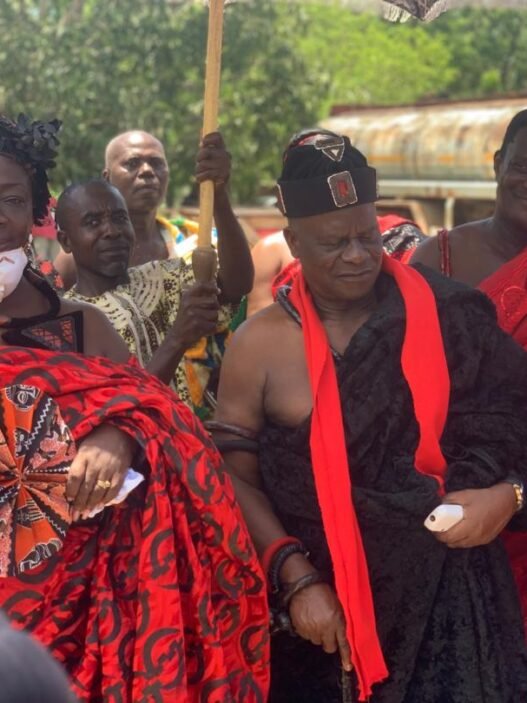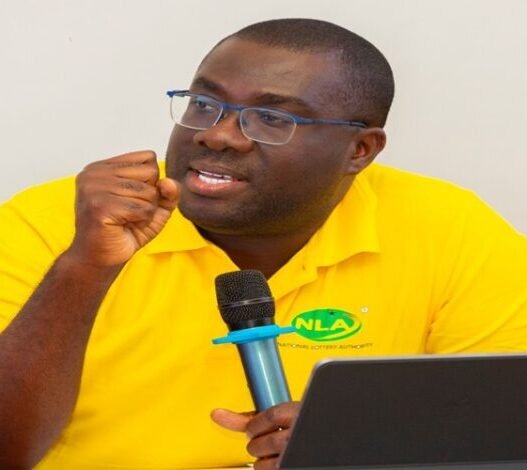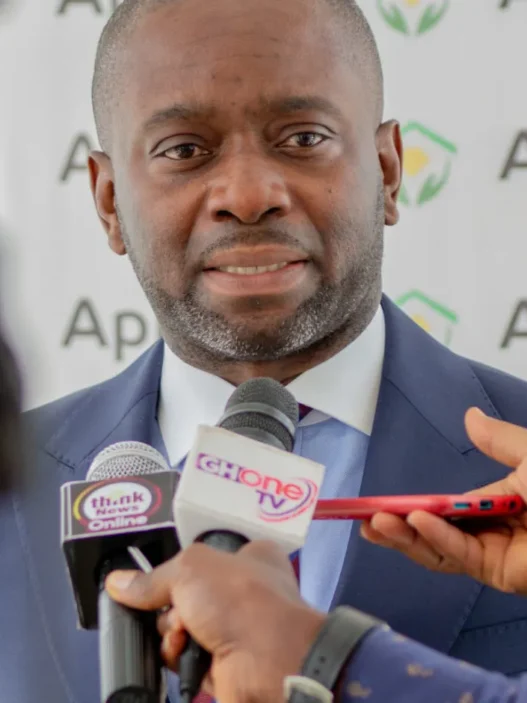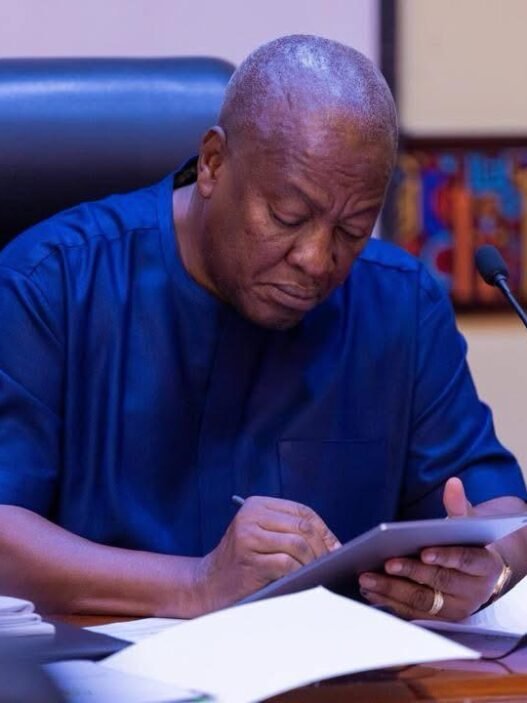As Nigeria grapples with mounting challenges such as youth unemployment, food security, and rising poverty rates, many are questioning whether President Bola Ahmed Tinubu’s recent focus on military conduct is the most pressing issue for the country. In a recent directive, the Nigerian president introduced strict new regulations governing the behavior of military personnel. These rules prohibit members of the military from engaging in homosexuality, lesbianism, bestiality, cross-dressing, and other behaviors deemed incompatible with the armed forces’ ethics. Additionally, the new guidelines impose bans on body piercings, tattoos, and behaviors such as drunkenness and disorderly conduct, whether on or off duty.
While the military’s discipline and ethics are undeniably crucial for maintaining order within the ranks, critics argue that the president’s actions may be overlooking Nigeria’s more pressing societal issues. Chief among them are the widespread youth unemployment and the nation’s ongoing food security crisis. With unemployment rates soaring and millions of young Nigerians struggling to find gainful employment, many citizens are questioning the administration’s priorities.
Unemployment and Youth Disillusionment
Nigeria’s youth unemployment rate is one of the highest in the world, with millions of young Nigerians out of work and facing bleak prospects for the future. For a country with a population of over 200 million, the growing disillusionment among young people is a concern that has caught the attention of social activists, academics, and policymakers alike. Many argue that focusing on reforming the military’s conduct, while important, will not address the economic and social issues that young Nigerians are confronting on a daily basis.
Food Security Crisis
In parallel, Nigeria continues to battle a food security crisis, exacerbated by climate change, insurgencies, and logistical challenges. According to reports, millions of Nigerians are facing food shortages, and many families are struggling to afford basic necessities. The government’s failure to adequately address these issues has led to widespread protests and growing dissatisfaction with the administration. With the cost of living rising and agricultural production faltering, critics question whether the current government’s resources are being allocated in the most effective way to address these urgent crises.
The Military’s Role vs. Civilian Needs
President Tinubu’s decree, while aimed at maintaining discipline within the military, has sparked a broader debate about governance priorities. For many Nigerians, the question remains whether the government should be spending more time addressing economic development, social justice, and public welfare, rather than focusing on the personal conduct of military personnel.
Although security and order within the military are vital to the country’s overall stability, some believe that the focus should shift to more immediate concerns that affect the day-to-day lives of Nigerian citizens, particularly the youth. Critics argue that the government could better allocate its efforts toward creating job opportunities, providing food aid, and promoting educational reforms to tackle unemployment and food insecurity head-on.
A Divisive Priority
The president’s move has been met with mixed reactions from the Nigerian populace. Some citizens and military officials have applauded the decision, viewing it as a necessary step in maintaining the professionalism and integrity of the armed forces. However, others have expressed frustration, believing that such a focus on military ethics is misaligned with the country’s current socio-economic struggles.
For many Nigerians, the challenges they face are less about the conduct of military officers and more about how the government plans to address systemic issues such as unemployment, inflation, and food insecurity. As President Tinubu moves forward with his administration, it remains to be seen whether his emphasis on military discipline will be seen as a bold decision or a diversion from more urgent national priorities.




















